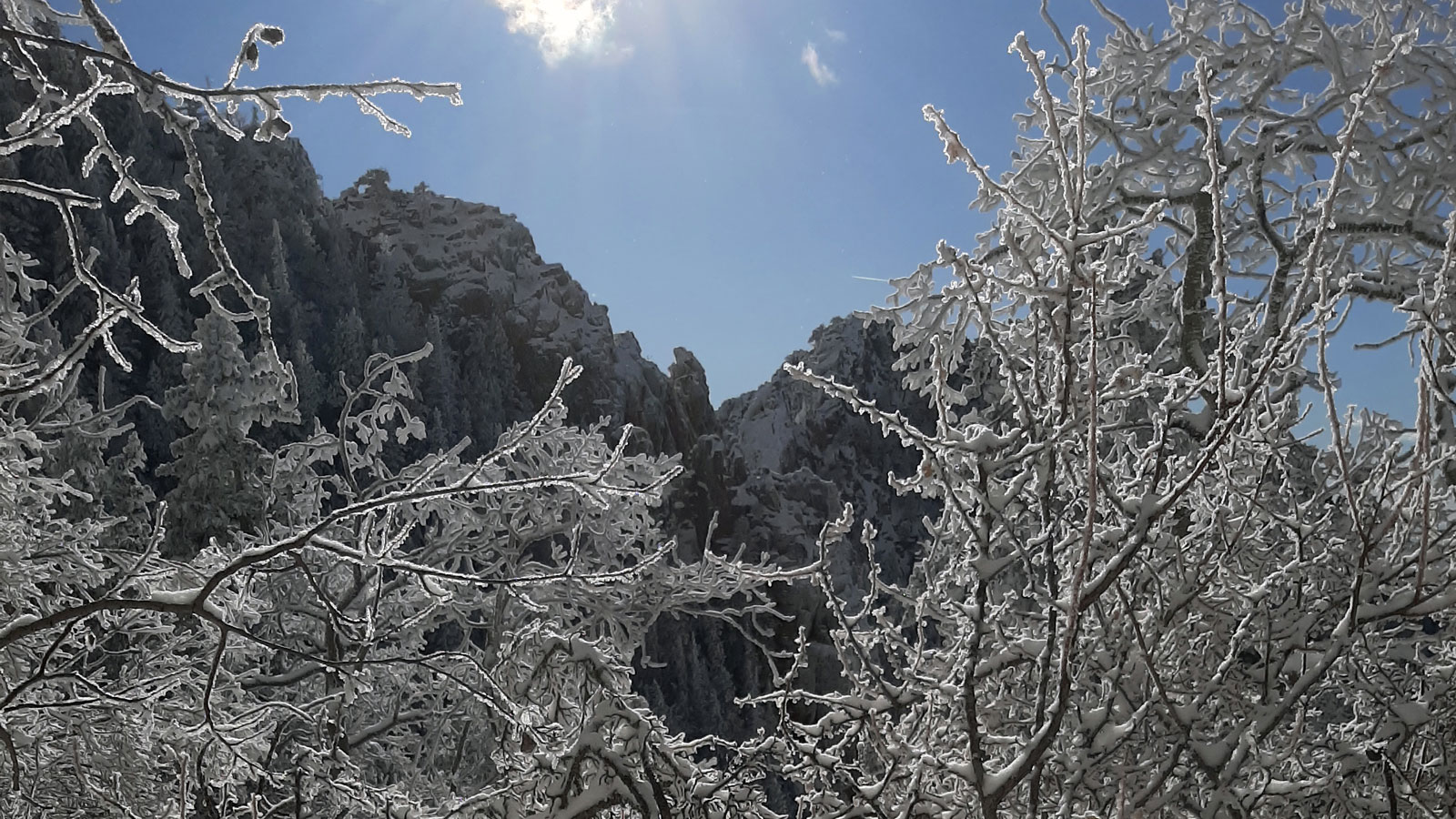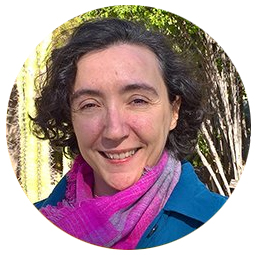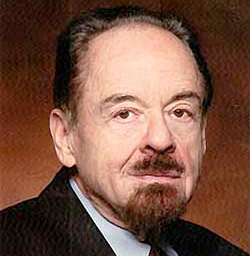Four Corners Virtual Meeting
American Physical Society
Friday and Saturday, October 23-24, 2020
2020's Annual Meeting of the Four Corners section of the American Physical Society (APS) was a virtual meeting, hosted by Bravura Technologies.
You can read the 2020 event summary here.
--> Meeting Entrances <--
Featured Speaker
Listen to live talk at 6:00 pm Friday October 23
Paul Davies
 Regents' Professor at Arizona State University
Regents' Professor at Arizona State University
Director of the Beyond Center for Fundamental Concepts in Science
Co-Director of the Arizona State University Cosmology Initiative
The Demon in the Machine: Does New Physics Lurk Inside Living Matter?
When Darwin explained evolution, he made no attempt to answer the deeper question of what gives life its distinctive and dazzling properties. That challenge was taken up by the physicist Erwin Schrödinger in a famous 1944 book What Is Life?
Decades later, the nature of living matter remains an enigma.
But recently, deep links between information theory and biological organisms offer an important clue – the origins of which can be traced back 153 years to ‘Maxwell’s demon,’ a thought experiment linking information and matter.
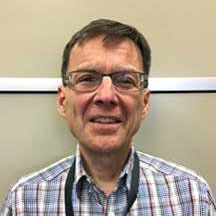 Plenary Speakers
Plenary Speakers
Pulsed Power Engines of Discovery for High Energy Density Science
Michael Cuneo
Sandia National Laboratories
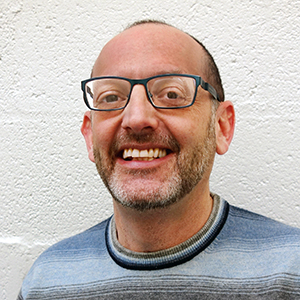 Breaking Heisenberg: Controlling the Quantum World
Breaking Heisenberg: Controlling the Quantum World
Ivan Deutsch
Regents' Professor
Department of Physics and Astronomy
Director of the Center for Quantum Information and Control
University of New Mexico
Search for Majorana Neutrinos
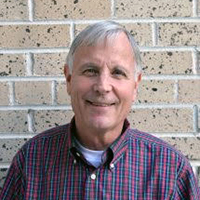 William Fairbank Jr
William Fairbank Jr
Professor of Physics
Colorado State University
Single Molecule Electronics
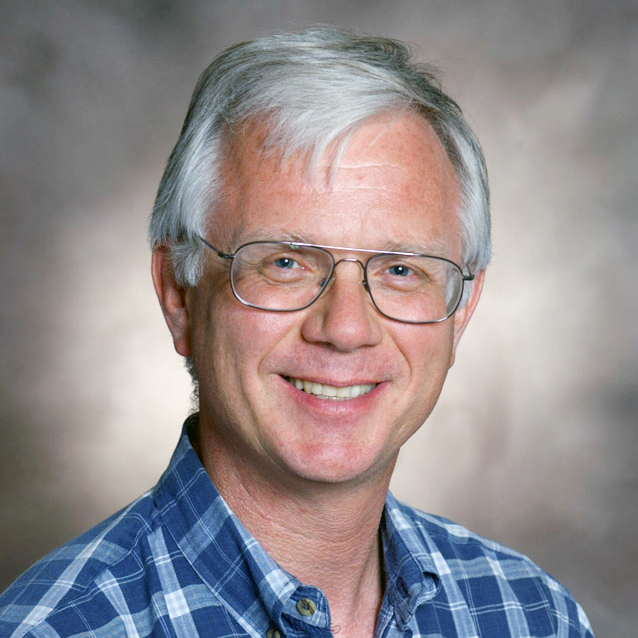 Stuart Lindsay
Stuart Lindsay
Center Director and Professor, Biodesign Center for Single Molecule Biophysics
Arizona State University
The interaction between wildland fire and their surroundings through fluid dynamics
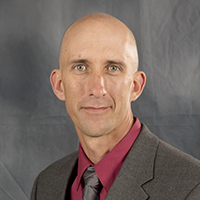 Rod Linn
Rod Linn
Los Alamos National Laboratories
Los Alamos, New Mexico
Cecilia Lunardini
Professor of Physics
Arizona State University
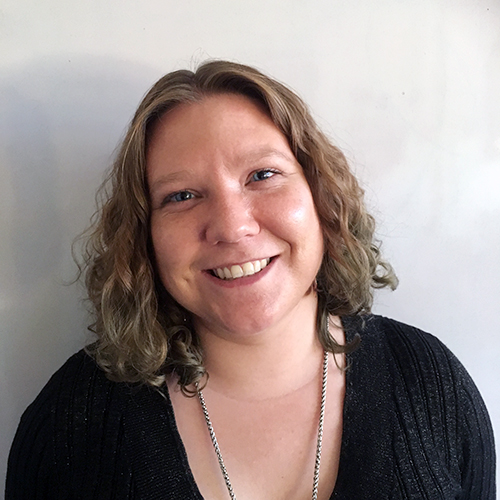 High-Energy Density Hydrodynamics for Astrophysics and Fusion
High-Energy Density Hydrodynamics for Astrophysics and Fusion
Elizabeth Merritt
Los Alamos National Laboratories
Los Alamos, New Mexico
Parallel Session Invited Speakers
- Ramon Barthelemy, University of Utah
- Ryan Behunin, Northern Arizona University
- Anita Botana, Arizona State University
- Sam Brewer, Colorado State University
- Jonathan Cornell, Weber State University
- Elizabeth Crosson, University of New Mexico
- Ben Fransden, Bringham Young University
- Zhexuan Gong, Colorado School of Mines
- Cynthia Keeler, Arizona State University
- Kevin Meaney, Los Alamos National Laboratories
- Andrei Piryatinski, Los Alamos National Laboratories
- Kathrin Spendier, University of Colorado Colorado Springs
- Keith Ulmer, Colorado University
- Brandon Wiggins, Southern Utah University
- Daniel Wik, University of Utah
Harry Lustig Award Finalists
- Jacob Pettine, University of Colorado Boulder
- Danielle Schaper, Los Alamos National Laboratory
- Joel Venzke, University of Colorado Boulder
Cost
- Early registration fee: $50 for student member, and $100 for non-student member.
- Late registration fee (after Oct. 9th): $70 for student member, and $120 for non-student
Deadlines
- Early Registration Deadline: Friday, October 9, 2020
- Late Registration Begins: Saturday, October 10, 2020
Student Registration Scholarship
Here is the link to the Student Registration Scholarship Application
Abstract Submission Deadlines
- Abstract Submission Now Closed
- Withdrawal deadline: Friday, October 16, 2020
Frequently Asked Questions
- Do I have to be an APS member to register?
No - Do I have to be an APS member in order to submit an abstract?
No, but you must create a free APS account before you submit your abstract - Do I have to be an APS member in order to be a presenter at the Four Corners Virtual Meeting?
No
--> Conference Program <--
- Acoustics
- Astronomy
- Astrophysics
- Atmospheric Physics/Geophysics
- Atomic, Molecular and Optical Physics
- Biophysics and Soft Condensed Matter
- Computational Physics
- Condensed Matter Physics
- Gravitation/Cosmology
- General Physics and Foundations of Physics
- Industrial and Applied Physics
- Materials
- Neutrinos
- Nuclear Physics
- Particle Physics
- Physics Education
- Plasma Physics/Fluid Dynamics
- Quantum Information
Harry Lustig Award
The award is open to graduate students and others working in any area of physics covered by units of the APS. The award, given annually, consists of a $1,000 stipend and a certificate citing the contribution made by the recipient.
Finalists will be invited to present their work at the annual Four Corners Section (4CS) meeting and the recipient will be decided after the finalists’ presentations. All finalists will receive registration support for this year’s virtual 4CS meeting.
The award was established in 2015 to honor the memory of Harry Lustig. Harry Lustig (1925-2011) is widely remembered for his academic achievements as physics professor, Provost, and Vice President for Academic Affairs, City College of New York. At APS, he is also remembered for his contributions as secretary‐treasurer from 1985 to 1996 (simultaneously Acting Executive Secretary 1993‐1994) and for his instrumental role in the formation of the Four Corners Section (4CS).
Find out more at the APS website.
About the Four Corners Section
The Four Corners Section, established in 1997, has a strong commitment to support the work of physics students and to give them opportunities to present their research and to meet physicists in our region. To that end, we offer small, regional meetings of limited expense and activities that can reach more APS members and potential members, including students and industry physicists.
Geographically the Four Corners Section includes the states of Arizona, Colorado, New Mexico, and Utah. Four Corners is the point of orthogonal intersection of the borders of these four states, the only point common to four states in the United States.
Section meetings will unite participants from colleges, universities, industry, and government laboratories. In addition, the section will contribute to greater awareness of regional activities in physics through its website and provide programs for public outreach.
-- From the APS Physics website
